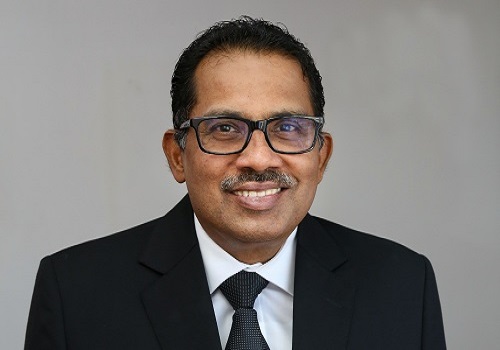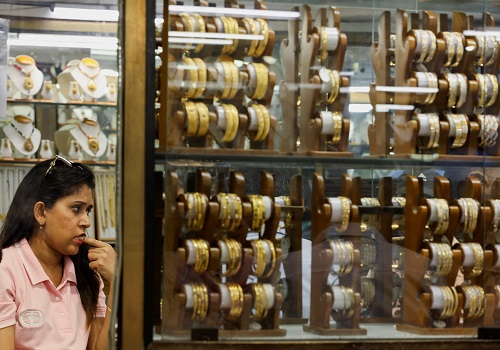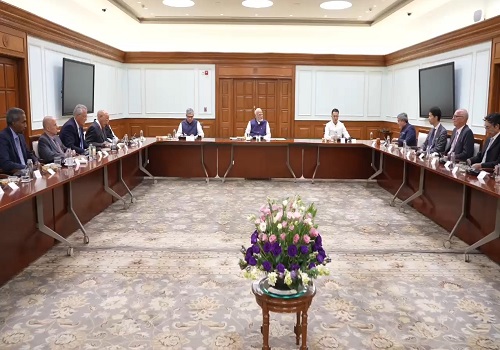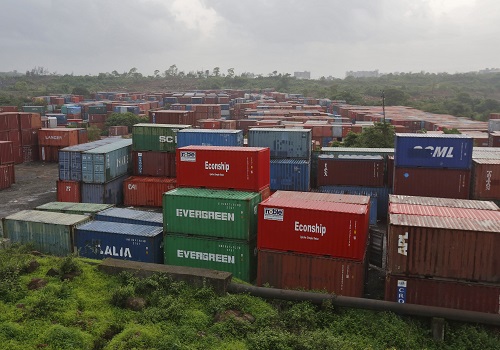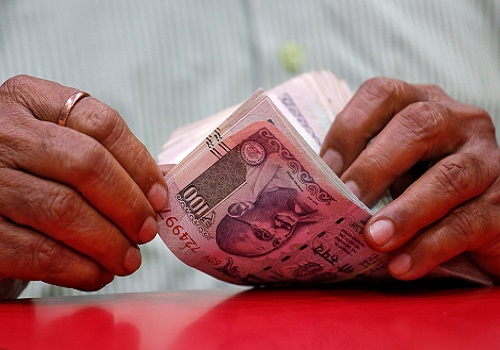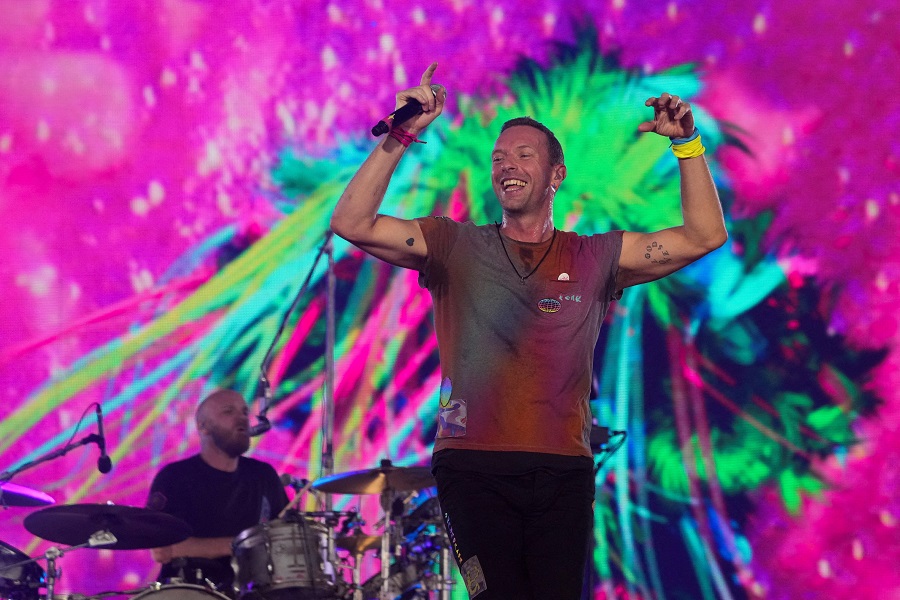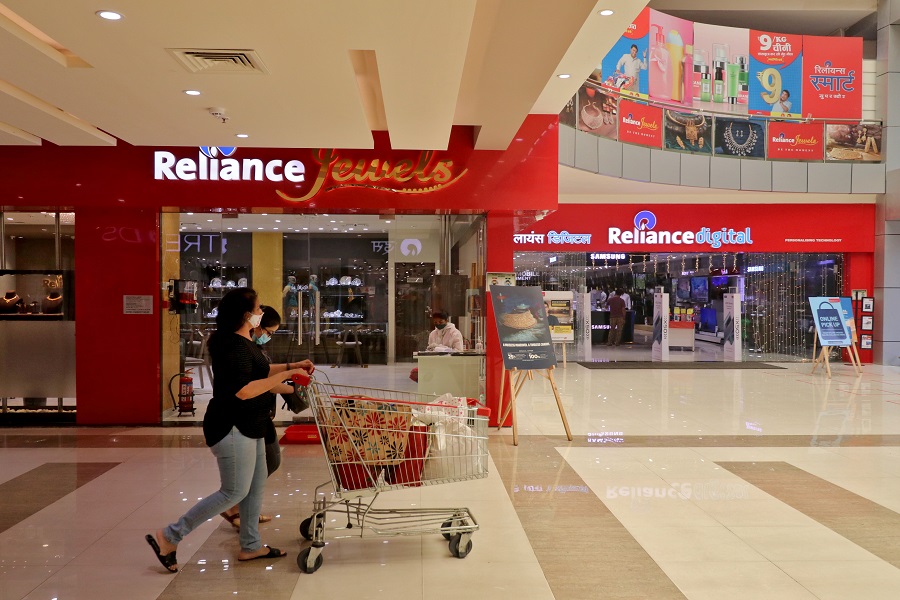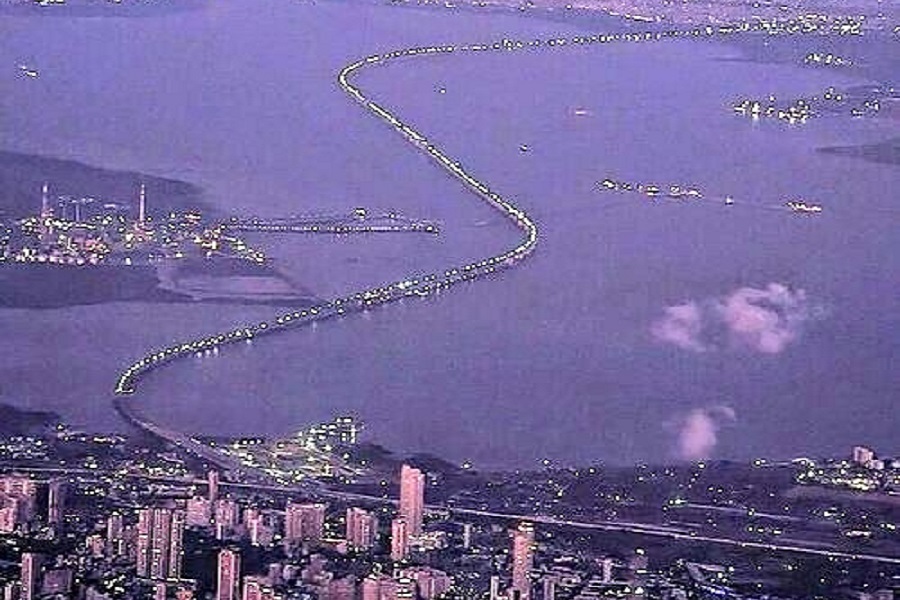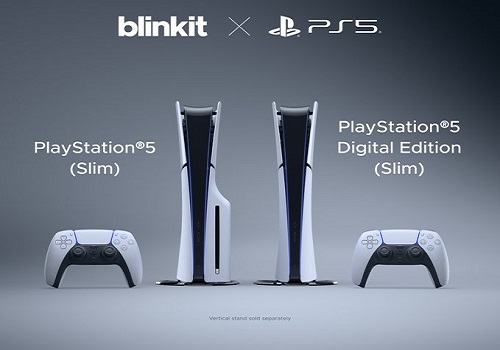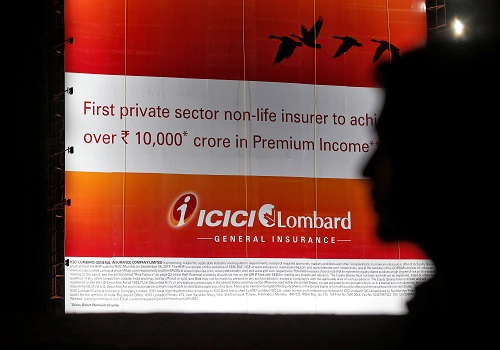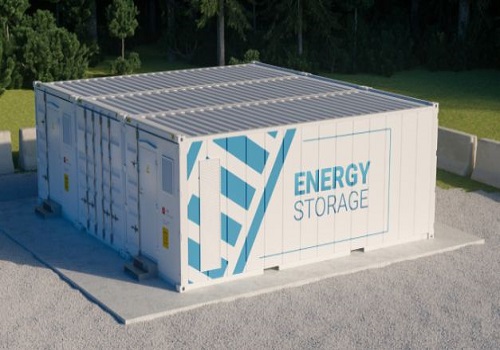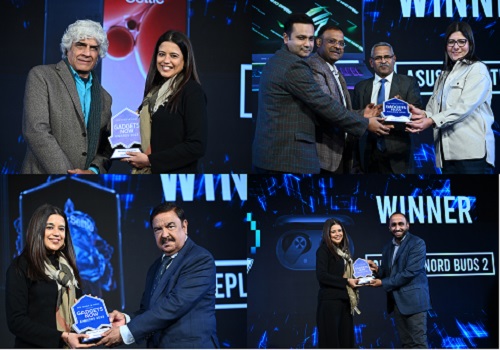Billionaire Mukesh Ambani`s Reliance plays catch-up to ride India quick commerce wave

Asia's richest man Mukesh Ambani is mimicking the strategy of popular Indian grocery startups to drastically change how his retail empire operates: from home deliveries that can take a day or two, his business is now targeting a 10-30 minute service.
Quick commerce has reshaped how Indians shop as Zomato, SoftBank-backed Swiggy and Zepto now promise deliveries from their neighbourhood warehouses within 10 minutes, even beating Amazon. These multi-billion-dollar quick commerce businesses, though loss-making, have disrupted sales of mom-and-pop stores and supermarkets as people opt for quick deliveries of everything from milk and chocolates to Apple iPhones.
The sector has become too hot, too fast for Ambani's Reliance to ignore, even though experts say its late entry will face challenges including a lack of small-scale warehouses and running the business from supermarkets focused on walk-in customers.
Datum Intelligence estimates quick commerce sales will hit $6 billion this year, up from just $100 million in 2020.
Reliance plans to leverage its 3,000 supermarkets in 1,150 cities for quick deliveries by deploying small teams operating from dedicated kiosks inside, according to three people familiar with its strategy and Reuters' visits to outlets near Mumbai, where the service was launched this month.
The sources provided previously unreported details of order volume targets, delivery plans and links to Reliance Retail's long-awaited IPO.
Reliance's bet is sparked by changing shopping trends. A recent Datum survey of 3,000 Indian quick commerce shoppers showed 36% had reduced shopping at supermarkets and 46% cut back purchases from mom-and-pop stores.
"Reliance is making an entry as quick commerce is already impacting modern retail and will also impact Reliance stores," said Satish Meena, an adviser at Datum.
Reliance is aiming for a 10-30 minute delivery window because it does not believe customers need orders within 10 minutes and the longer timeframe will help ensure the business is sustainable, said the first person.
Ambani wants to ensure quick commerce helps bolster its business ahead of an IPO of Reliance Retail, which was last year valued at $100 billion, has backers including KKR, two of the sources said.
Reliance runs the biggest brick-and-mortar retailer in India's $600 billion grocery market, though it still plays catch-up with Amazon in e-commerce.
Reliance did not respond to Reuters' queries.
CHALLENGES
Reliance is betting a wider product portfolio at its supermarkets - some of which stock more than 10,000 items - will help distinguish its offering from smaller rivals, though it has decided not to add any new warehouses, the sources said.
Once expanded nationwide in coming months, Reliance expects quick commerce to help take daily orders on its JioMart app from around 200,000 now to roughly 500,000, said the second person.
Like he did with mobile data offerings, Ambani has a strong reputation of using cutthroat pricing to disrupt businesses he enters. But cracking quick commerce will not be easy.
Rahul Malhotra, a senior analyst at Bernstein, said quick commerce needs neighbourhood warehouses for fast deliveries under 10 minutes, so any large retailer will need to offer superior product selection and cheaper pricing to ensure customers are willing to wait for up to 30 minutes.
A former Reliance executive who declined to be named for fear of reprisal said many stores are multi-storied and items are located far from each other on shelves, making quick packaging difficult, a task further complicated by in-store crowds.
Inside two Reliance stores in Navi Mumbai, Reuters found distinct "Q-Commerce" areas have been created for stocking frequently ordered items such as noodles, dairy products and chocolates. Riders outside waited for app alerts to pick up orders.
Ajit Karande, a Reliance store manager, said an eight-member team had been tasked to "completely focus on quick commerce", adding "we need to bill and pack the items within 10 minutes."
Earlier visits to IPO-bound Swiggy's Instamart and Zomato's Blinkit warehouses by Reuters showed workers there are mandated to pack orders in under two minutes.
'TOP RIDER', 'BOTTOM RIDER'
The rapid quick commerce growth appears to be hitting the supermarket business.
Reliance Retail, which does not break down its grocery, fashion, electronics and telecom revenue, in October reported its first quarterly revenue decline in at least three years - a 1.1% fall in July-September sales to $9 billion.
Zomato's Blinkit sales surged 122% to $730 million in that period and recorded average growth of 103% in the last six quarters, when Reliance Retail's average stood at 13%, Bernstein said. But Reliance has reported profits for years, while Blinkit remains loss-making.
While Reliance has not commented on quick commerce stress, its rival DMart, which has 377 supermarkets, said this month it can "clearly see the impact of online grocery formats" on its big-city stores but has declined to compete in that area, leading several analysts to downgrade the stock.
Reliance's "Hyperlocal" grocery service has begun in a handful of Navi Mumbai and Bengaluru stores and will next be launched in cities like New Delhi and Chennai, a fourth source said, adding there was a plan to incentivise its delivery drivers with weekly bonuses to boost the business.
The company also plans to rope in quick delivery startup Dunzo, in which it holds a near 26% stake, to further beef up its delivery fleet, said a fifth source. Dunzo declined comment.
To lure customers and trump rivals, Ambani is using free delivery.
In Mumbai, customers can use Reliance's JioMart app to get a 40 rupees ($0.48) can of Coca-Cola delivered free. Rivals impose levies such as "small cart fee" and "high demand surge" of up to 65 rupees on such an order.
At the Reliance store in Belapur near Mumbai, riders are tracked by the minute. A whiteboard inside names "Top Picker" and "Top Rider" to acknowledge efficiency, and "Bottom Picker" and "Bottom Rider" for slow work.
A "customer order has to be delivered in 30 minutes," said Supriya Naik, a JioMart delivery executive.
"I need to run around a lot."
($1 = 84.0610 Indian rupees)




